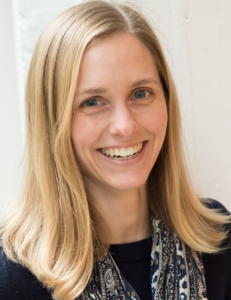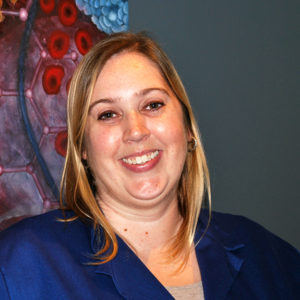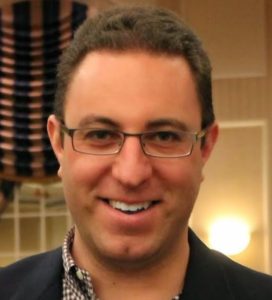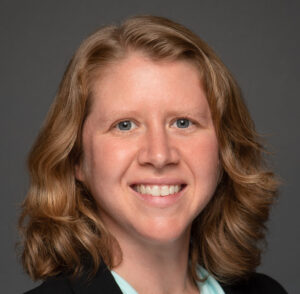Malice Analysis at Northwestern University
Biology is easier than ever to engineer. This reality requires researchers to take proactive steps to consider the security implications of their work. The Engineering Biology Research Consortium (EBRC) is holding an interactive workshop to help you identify potentially malicious applications of your work, mitigation options, and what to do if you identify something and don’t know how to proceed. The workshop is targeted to graduate students and postdocs, but we welcome others in engineering biology to attend. This technically-focused workshop will include plenary presentations and discussion and small group analysis of participants’ research. Participants that complete all aspects of the workshop will receive a certificate of completion which can be noted on your CV.
Friday, December 3, 2021
11:00AM – 1:00PM Central Time
Register Here
This material is based upon work supported by the U.S. Department of Homeland Security under Grant Award Numbers 2017‐ST‐108‐FRG002, 18STFRG00006-01-01, and #19STFRG00011-01-00.




